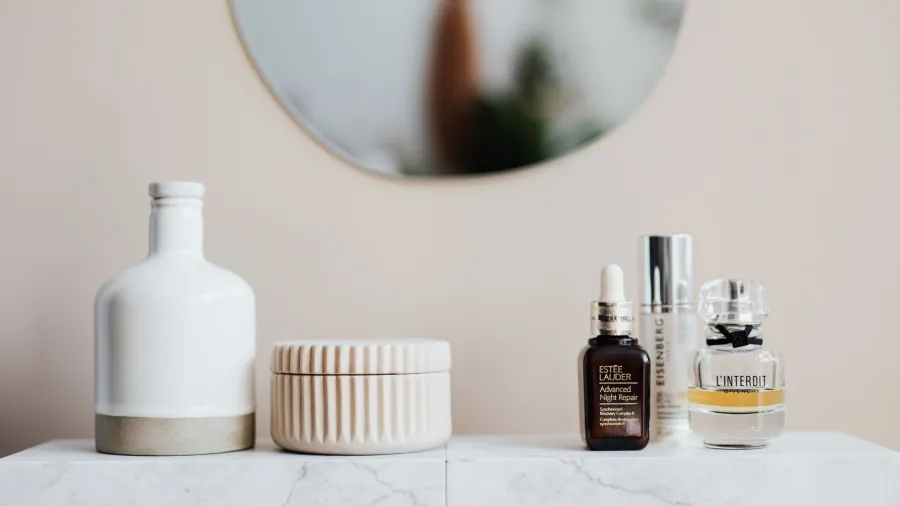
South Korea’s skincare market to reach $11.4b by 2026
This is up from $8.5b in 2021 projected by GlobalData.
The skincare market in South Korea is expected to reach $11.4b by 2026 as pandemic-related restrictions ease, GlobalData reported.
This is up from $8.5b in 2021, reflecting a compound annual growth rate of 5.6%.
“With COVID-19 cases falling, and the government lifting most restrictions, consumers are venturing out of their homes more frequently for shopping and social gatherings. Consumers are also returning to workplaces in greater numbers,” Anush Shaw, Consumer Analyst at GlobalData, said.
“This has resulted in many people purchasing premium quality skincare products to improve their appearance. While protective face masks are no longer mandated, consumers are continuing to use skincare solutions that repair skin damage due to their long term use of masks.”
Shaw noted that the demand of do-it-yourself skincare products is expected to continue even as beauty salons reopen. Skincare sales are also seen to get a boost from the launch of new products.
Between 2016 and 2021, Shaw added that per capita expenditure on skincare products rose to $81.3 from $40.2. This is way above the global and regional average of $9.8 and $9.2, respectively.
“With a sizable aging populace, the demand for anti-aging skincare products will increase significantly,” Shaw said.
“Even as customer footfall at beauty retail outlets resumes due to the relaxation of COVID-19 restrictions, e-retailers’ and direct sellers’ channels will continue to gain more ground owing to the convenience and competitive pricing offers.”
Read also: South Korea consumer spending to grow 2.8% in 2022: Fitch
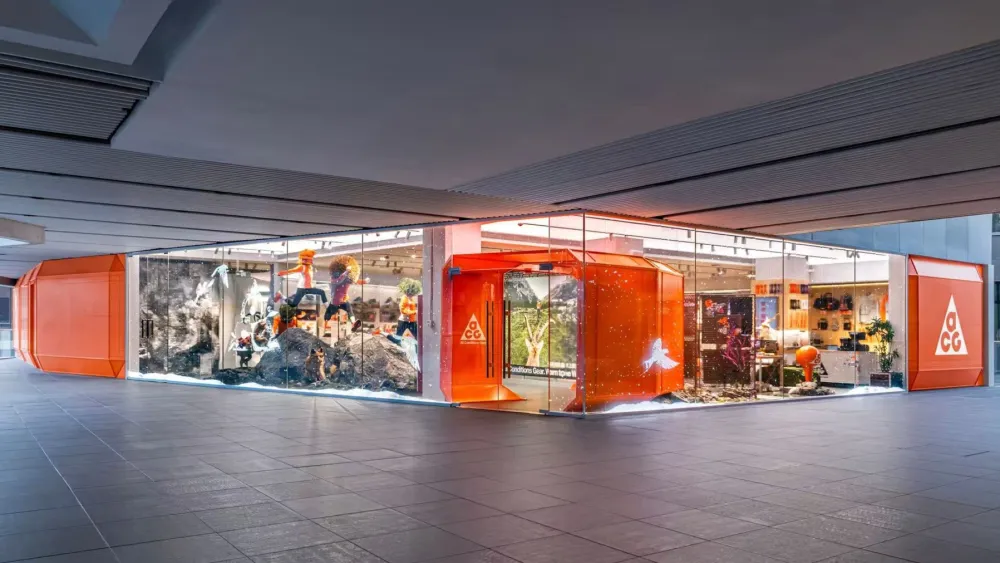
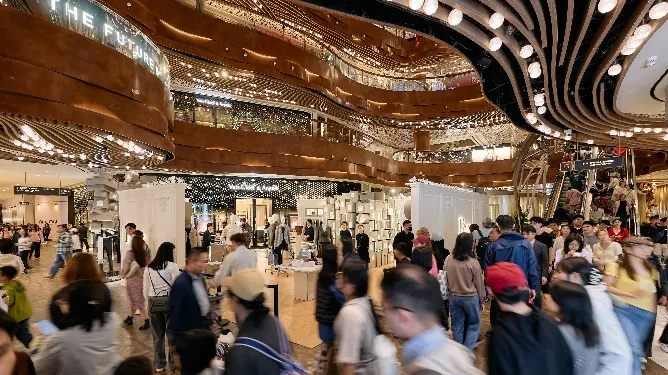
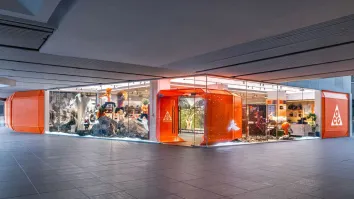
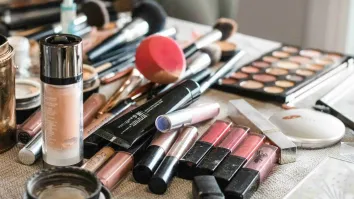
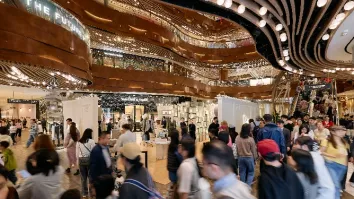














 Advertise
Advertise






